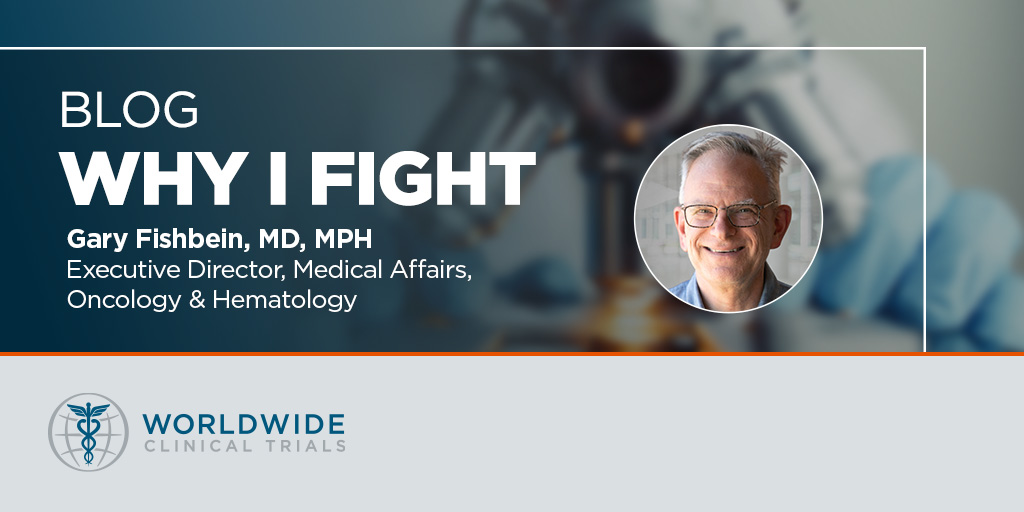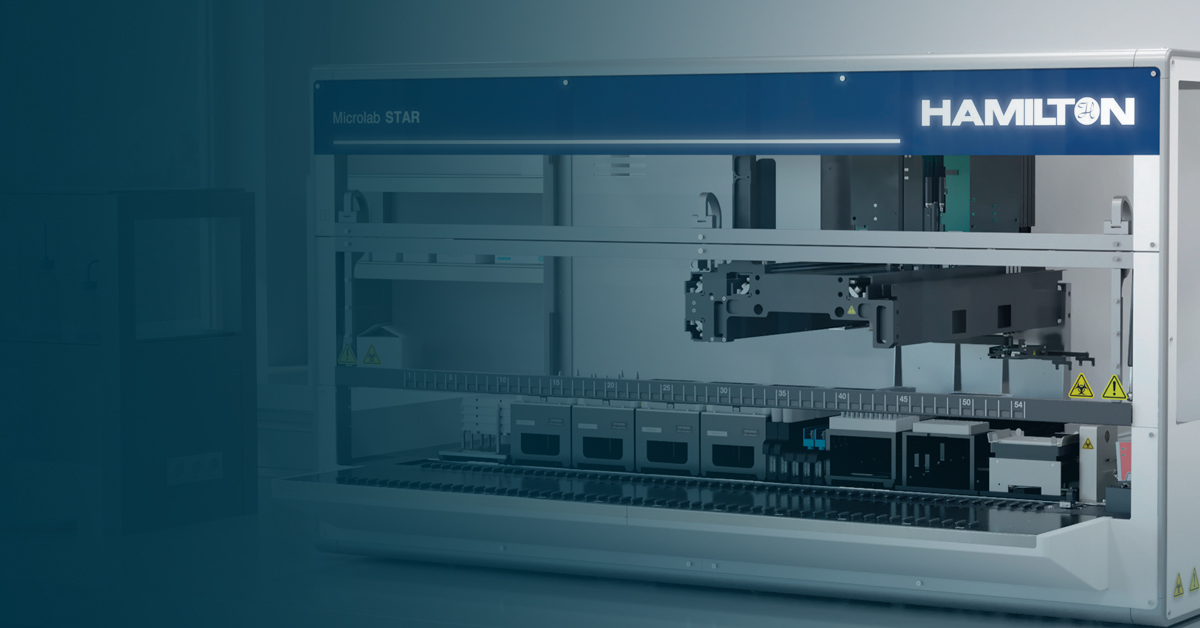
Life after cancer is about more than just survival. It’s not just the length of life that matters, but also the quality of that life. Join us as we celebrate cancer research awareness month and clinical trials awareness month.

Building Bridges
Where I trained at the University of Maryland, there was literally a bridge that connected the research labs to the clinic. That bridge has always pointed out to me that there has to be communication between the people that are taking care of the patients and the people that are finding molecules or designing new studies. I think all of us in oncology, whether we’re in nursing, in pharmacy, or on the medical side, are very interested in bridging that gap between what’s happening in the lab and what can be brought to the patients.
I have worked with oncology ever since my early training and have worked in clinical settings and CROs, as well as in academia. As a practicing oncologist, something I value quite a bit is finding therapies that provide clinical benefit, which we define as patients not having symptomatic progression of their disease and being able to tolerate that in a way that doesn’t cause them significant side effects.
My volunteer activities give me further opportunities to bridge the gaps in cancer care. I participate with ASCO’s foundation, Conquer Cancer, that provides research dollars to new investigators in oncology. And they have Young Investigator Awards, which provide seed money for these young investigators as they’re developing their labs. It also supports investigators for international research on populations that otherwise wouldn’t have access to cancer therapies. In addition, I’ve supported an organization called Friends of Cancer Research, a combination of groups including ASCO and the FDA, aimed at the lay audience but also engaging physicians who can spread the word about why we think clinical research is important and that there’s a network out there for patients to be supported.
Every Patient Is Precious
What I like about my role at Worldwide Clinical Trials is that feeling that I am close to the patient, as I am often involved in confirming the patient’s eligibility on the study, understanding how patients are responding to the drug. I also work closely with the sponsor’s medical monitor to adjust the protocol in any way that might be necessary to get a better handle on the tolerability and the therapeutic benefit of that particular drug.
Every patient is precious on these studies. Unlike studies in, say, hypertension or lipids, which may involve thousands of patients, a big oncology study might only have 600 patients, so we have to get the most out of it. This drives home the importance of each patient, how it affects their life, and how their contribution can move the field forward.
As I think back to my time in college, I was very interested in the rights of human subjects on research trials. I spent a lot of time thinking about informed consent, thinking about how research needs to be done properly in order for it to be ethical and to get balanced scientific results. It’s no accident that I wound up in a CRO setting, where so much of what we do is based on protocols, making sure that patients are absolutely qualified to be on the studies, and then being part of the beneficial outcomes of these trials.
I think we saw a major shift in the past year with COVID-19, with patients being able to remain on clinical trials while not necessarily going to the major cancer center for every visit. It was instructive for us on the CRO side, for the sponsors, and for the treating institutions themselves. It was really quite heartening to see that we could still get meaningful clinical results from these studies, making sure that we’re protecting patients by trying to minimize the number of visits to the clinic and still being able to closely monitor their progress on the study. So, again, we were able to still obtain radiology results on these patients, and what we saw was that really important endpoints were defined. We developed priorities so that the most important research points were taken from studies, while optimizing patient safety.
I Wish I Had a Time Machine
Oncology is actually a new area of medicine, maybe 60 or 70 years old. In my oncology training, I got to work with the oncologists that were the first generation to be trained when oncology was a recognized field, when a lot of the therapies we had were fairly crude drugs. So, to get to see that progress, I feel like I’m standing on the shoulders of the people that developed those treatment programs. They did their contribution to the research, and now having advanced the field, I’m in that role as well. We should never forget to keep paying it forward, because that’s what benefits patients and the research community.
I think of the patients that I took care of in my training, especially in the leukemia center. Now we understand so much more about leukemia. We’re able to target certain leukemic cells, maybe make decisions about patients even earlier in their course about whether they should be going to bone marrow transplant. I think about those patients that helped us get where we are, but I also wish that some time machine could bring them back so they could benefit from these treatments.
In particular for lung cancer, to be able to treat patients with agents that are working so well with less toxicity. It’s become a reality that first-line treatment for lung cancer doesn’t necessarily involve chemotherapy anymore. That was probably unthinkable 20 years ago.
A Dual Cause for Hope
What gives me hope is actually seeing the young investigators in the field. I work on a lot of early-phase trials. Often, we work with young investigators that are passionate about these new molecules and want to be able to provide them in the clinic. It’s that dual benefit, that these young physicians are getting a chance to use everything that they’ve learned for the benefit of patients and discovering new drugs. And also, it’s offering new drugs to patients that really wouldn’t have other therapeutic options. To see drugs come from Phase I, where we begin to define what tumor types that they’re most effective for, and move forward to be further refined in dosing and schedule, that gives me a lot of hope.
I think in particular, these young physicians that are entering the field, they’re a group that I can be proud of. I almost wonder if I could have the good fortune to be able to train in oncology if I were trying to get into a program today! Oncology is attracting the best of the best to improve outcomes for patients.
Learn more about Gary and his work with oncology at Worldwide Clinical Trials.



